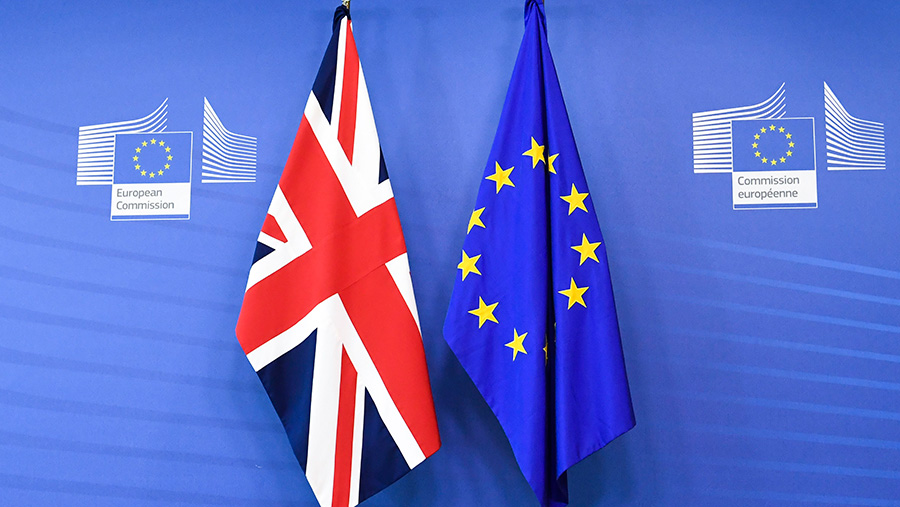Defra ill-prepared for Brexit, suggests report
 © Isopix/REX/Shutterstock
© Isopix/REX/Shutterstock Defra is among the government departments set to be most affected by Brexit – yet budget cuts and lack of clarity means it is also among the least prepared, suggests a report.
The document says the government needs to provide civil servants with clear direction so they can better prepare for the UK’s future outside the European Union.
Brexit will affect nearly all of Defra’s work areas, says the report.
See also: Brexit deal vital for UK food and farming, prime minister warned
The department has established a number of internal workstreams covering all the areas of its work that are affected by leaving the EU, it adds.
But it warns that a shrinking budget means Defra and other departments are having to work out how to meet the demands imposed by Brexit amid “challenging savings targets”.
Called Whitehall’s preparation for the UK’s exit from the EU, the document was published by the Institute for Government on Wednesday (14 December).
Defra’s budget is 17% smaller now than it was in 2010, and will be almost 35% smaller by March 2019, says the report.
Defra is delivering an ambitious programme of reform to streamline the department and its 33 agencies and public bodies, it adds.
Government’s role
The report says government departments are unclear about what, if any, role they will have during both “divorce” negotiations and talks on any future deal.
“They aren’t clear if they will have people in the negotiating team, whether they will be called on for analysis, or if they will be left to find out the outcome,” it says.
If a Defra representative is to be “in the room” for agriculture negotiations with a team supporting them, the report says there is more scope to undertake analysis based on emerging positions.
But it says any team must be properly resourced and given time to prepare itself.
Lack of clarity
“The current lack of clarity makes it very difficult for departments to plan ahead to make sure they will have the resources and skills necessary to support the talks.”
The report says civil servants in EU-facing parts of Defra have experience negotiating with the EU and representing the UK’s view to EU institutions.
But it says that Whitehall’s resources are overcommitted because they must deliver their “business as usual” work with the EU over the next two years as well as existing programmes.
“The challenge for Whitehall is not skills, but capacity,” says the document.
